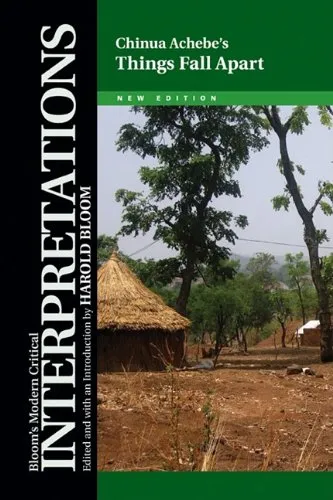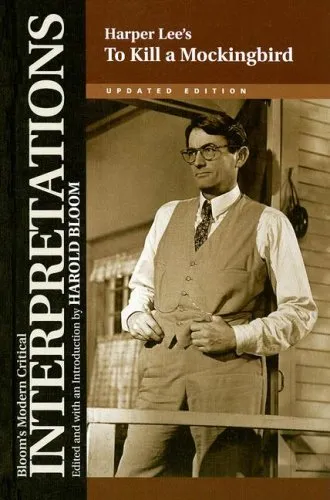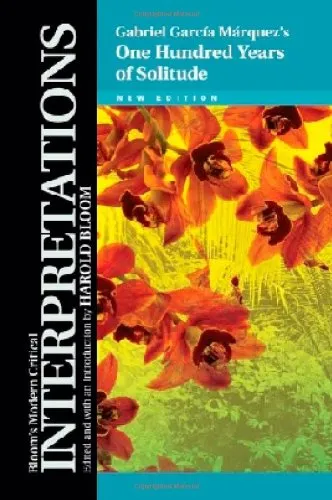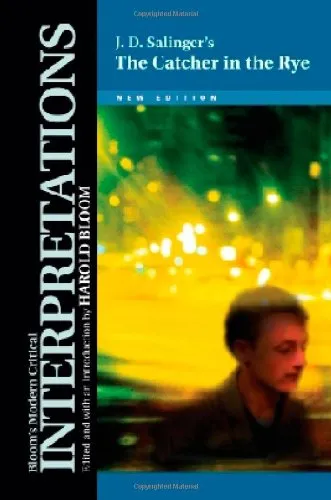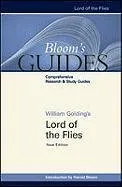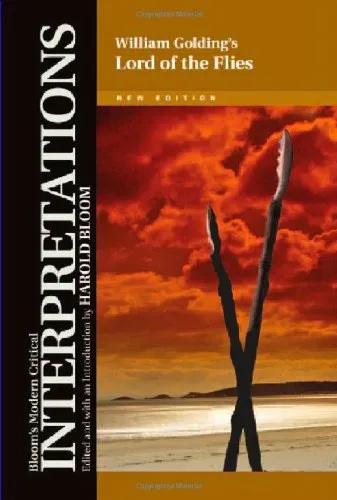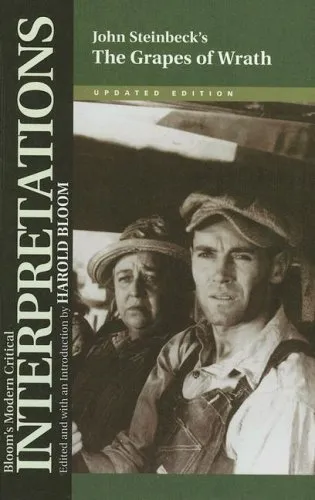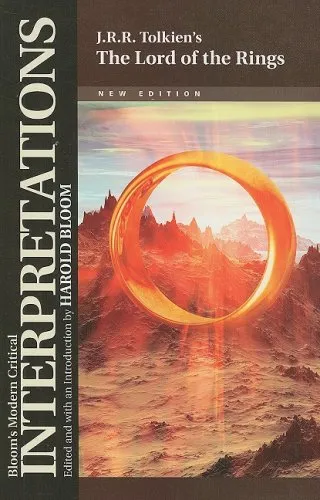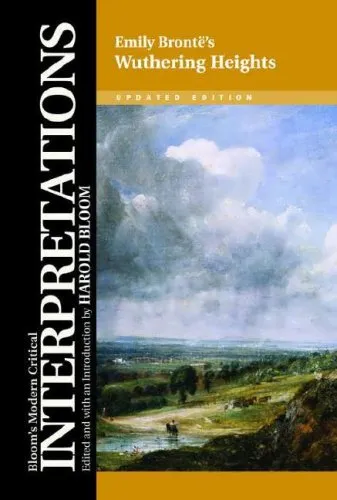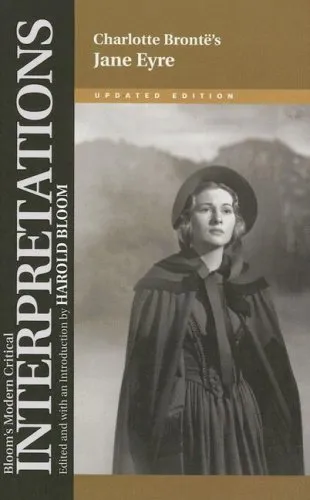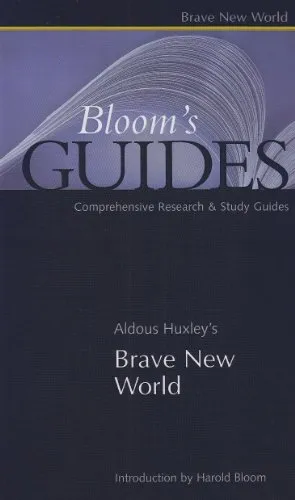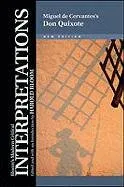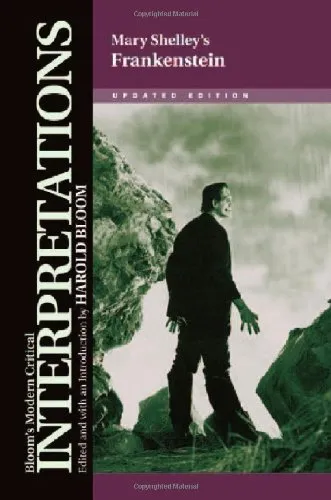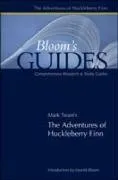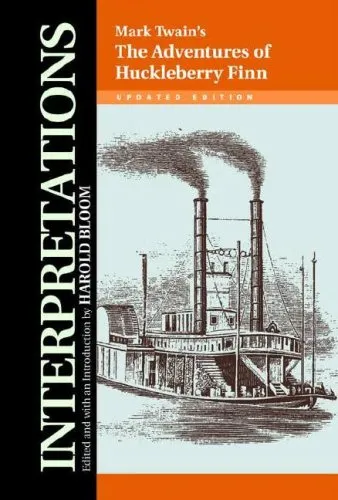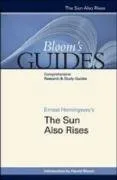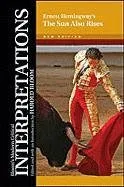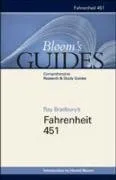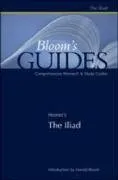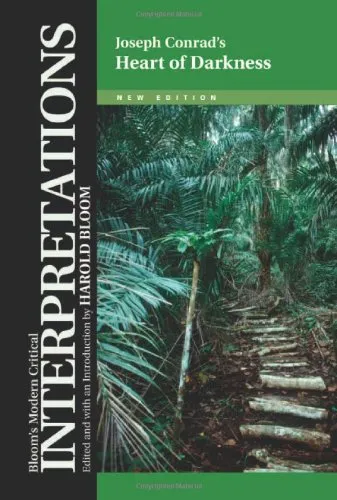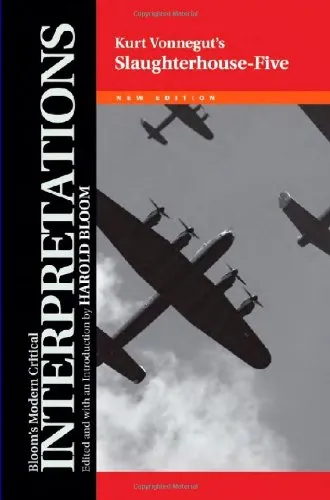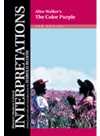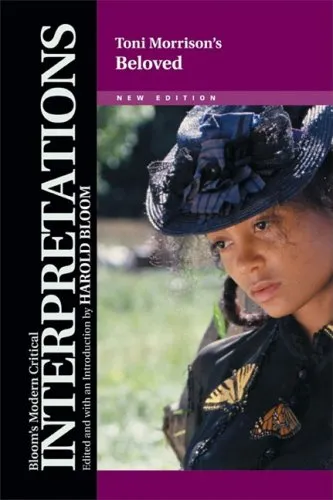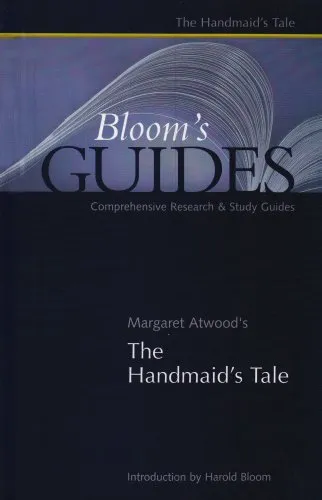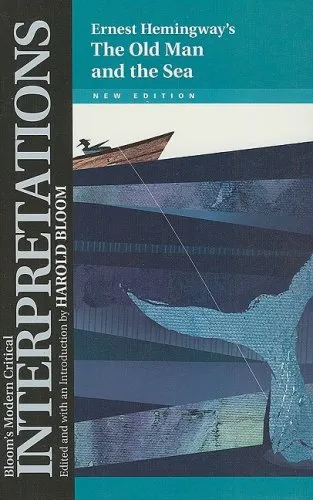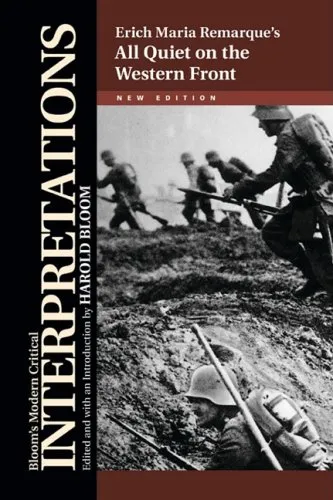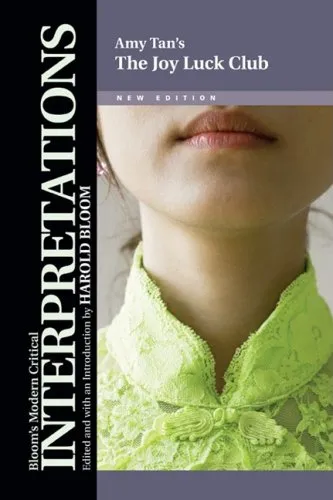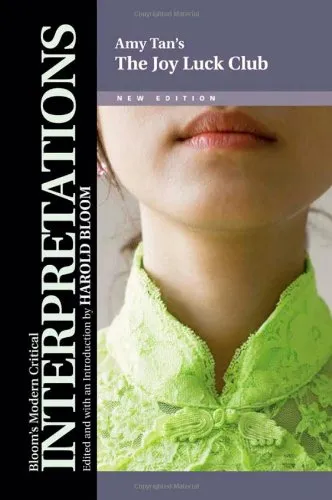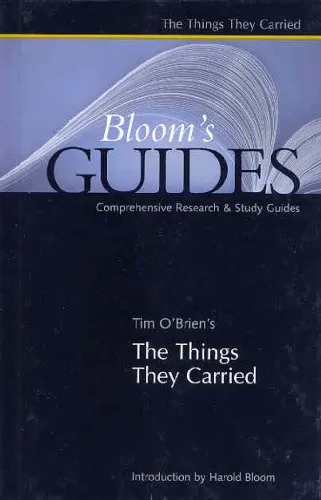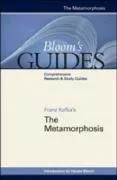Chinua Achebe's Things Fall Apart (Bloom's Modern Critical Interpretations)
4.0
Reviews from our users

You Can Ask your questions from this book's AI after Login
Each download or ask from book AI costs 2 points. To earn more free points, please visit the Points Guide Page and complete some valuable actions.Related Refrences:
Persian Summary
Welcome to the exploration of Chinua Achebe's groundbreaking novel, Things Fall Apart, an essential piece of literature that offers critical insights into the clash between traditional African societies and Western imperialism. This introduction will provide a detailed summary, highlight key takeaways, include famous quotes, and explain why this book is a vital contribution to world literature.
Detailed Summary of the Book
Things Fall Apart, written by Nigerian novelist Chinua Achebe, is set in the late 19th century and delves into the life of Okonkwo, a respected leader and warrior in the Igbo community of Umuofia. With great personal dedication, Okonkwo has risen from a difficult childhood to become a prosperous farmer and influential clan leader.
Despite his achievements, Okonkwo is haunted by his father's failures and is obsessed with masculinity and strength, striving to maintain his status and avoid any sign of weakness. His rigid demeanor creates tension within his family and community, ultimately leading to his downfall.
The novel is divided into three parts. The first part explores Okonkwo's rise and personal triumphs, while the second part examines the arrival of European missionaries and colonial government in Umuofia, inciting inevitable cultural clashes. The third and final part of the novel exhibits the shattering impact of colonialism and disintegration of Igbo tradition.
Key Takeaways
- Cultural Conflict: The novel masterfully depicts the friction and eventual collapse of traditional African society in the face of Western imperialism.
- Identity and Change: It explores themes of identity, change, and the consequences of resistance or adaptation to cultural shifts.
- Symbolism and Imagery: Achebe utilizes the yam, iron horse (bicycle), and other elements as recurring motifs, symbolizing various societal hierarchies and transformations.
Famous Quotes from the Book
"The white man is very clever. He came quietly and peaceably with his religion. We were amused at his foolishness and allowed him to stay. Now he has won our brothers, and our clan can no longer act like one. He has put a knife on the things that held us together and we have fallen apart."
"When the moon is shining the cripple becomes hungry for a walk."
Why This Book Matters
Achebe's Things Fall Apart is often regarded as a seminal work in African literature, providing an authentic voice to a continent whose stories were largely told through the lens of colonizers. It offers an inside-out perspective, illustrating the full humanity and complexity of pre-colonial African societies.
Moreover, Achebe's narrative brilliantly subverts typical Western narratives steeped in racial stereotypes, enabling readers worldwide to appreciate the richness of Igbo culture and question the destructive forces of colonialism. His nuanced approach to storytelling challenges readers to reflect on the destructive impacts of colonial encounters and the resulting identity crises faced by colonized peoples.
Finally, Achebe's work serves as both a cultural reclamation and a literary masterpiece that advocates for the importance of voice and perspective in the broader narrative of human history. Things Fall Apart remains a fundamental component of literary curricula globally, continuing to resonate with contemporary discussions about culture, identity, and resistance.
Free Direct Download
You Can Download this book after Login
Accessing books through legal platforms and public libraries not only supports the rights of authors and publishers but also contributes to the sustainability of reading culture. Before downloading, please take a moment to consider these options.
Find this book on other platforms:
WorldCat helps you find books in libraries worldwide.
See ratings, reviews, and discussions on Goodreads.
Find and buy rare or used books on AbeBooks.
1661
بازدید4.0
امتیاز0
نظر98%
رضایتReviews:
4.0
Based on 0 users review
Questions & Answers
Ask questions about this book or help others by answering
No questions yet. Be the first to ask!
